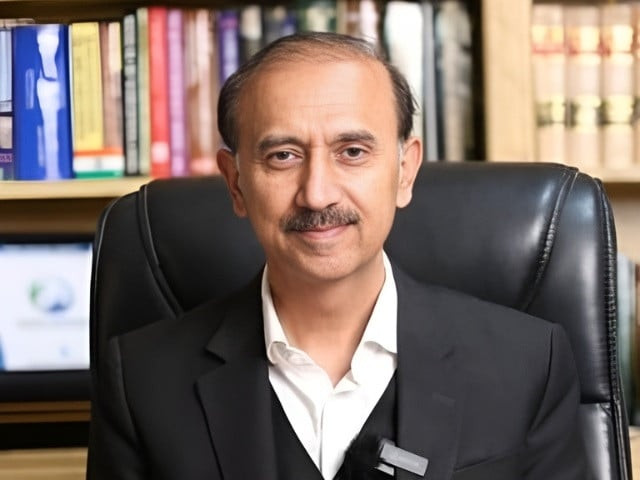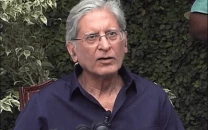PTI to challenge 26th Constitutional Amendment over judicial reforms
Party's main concern is its broader impact on judicial autonomy, not Justice Yahya Afridi’s nomination: Shoaib Shaheen

Pakistan Tehreek-e-Insaf (PTI) leader Shoaib Shaheen announced on Wednesday that the party intends to challenge the recently passed 26th Constitutional Amendment, labelling it an assault on the country’s judicial independence, according to a local news channel.
The amendment, passed by the ruling coalition with a two-thirds majority, introduces significant changes to Pakistan's judicial system. It includes empowering parliament to select the next Chief Justice of Pakistan (CJP) from the three most senior Supreme Court judges.
While the PTI is not specifically opposing the nomination of Justice Yahya Afridi as the next CJP, Shaheen stressed that the party’s concern is with the broader implications of the amendment, which, according to him, violates judicial autonomy.
Justice Afridi was recently nominated by a Special Parliamentary Committee to be the next chief justice under the new constitutional changes. President Asif Ali Zardari approved his appointment in accordance with the Constitution.
Speaking to a news channel, Shaheen explained that PTI’s main objection lies with the government’s reformation of the seniority principle. He reminded viewers that, since a 1998 decision by the judiciary, the senior-most judge has always been appointed as chief justice, a tradition that, he said, has now been upended by the government’s reforms.
Shaheen also alleged that the government manipulated the parliamentary process to pass the 26th Amendment. He claimed that the way the bill was pushed through raised concerns, particularly with lawmakers allegedly being coerced into supporting it.
He further argued that the amendments have created divisions among the Supreme Court’s judges by giving the government greater influence over judicial appointments.
In his remarks, Shaheen expressed concern over the formation of constitutional benches under the new law, calling it an attack on judicial independence.
He questioned whether the executive branch had the authority to interfere in judicial matters and whether the independence of the judiciary was a fundamental part of Pakistan’s Constitution.
PTI plans to request that their challenge be heard by a full court, as Shaheen argued that a constitutional bench formed under the new law should not be responsible for judging its own legality.
He also criticised the government’s changes to the Judicial Commission of Pakistan (JCP), which now has greater power over forming benches to hear cases, calling this an infringement on the autonomy of the courts.
Jamiat Ulema-e-Islam-Fazl (JUI-F) Senator Kamran Murtaza, who was part of the parliamentary committee that nominated Justice Afridi, appeared on the same show and criticised PTI’s decision to boycott the meeting.
He stated that PTI had ample opportunity to contribute to the discussion but chose not to engage. He declined to provide details of the committee’s deliberations, citing the in-camera nature of the session.
Murtaza dismissed recent claims that JUI-F lawmakers had been pressured into supporting the amendment, adding that Justice Afridi was chosen through a constitutional process and is widely respected within the judiciary.



















COMMENTS
Comments are moderated and generally will be posted if they are on-topic and not abusive.
For more information, please see our Comments FAQ